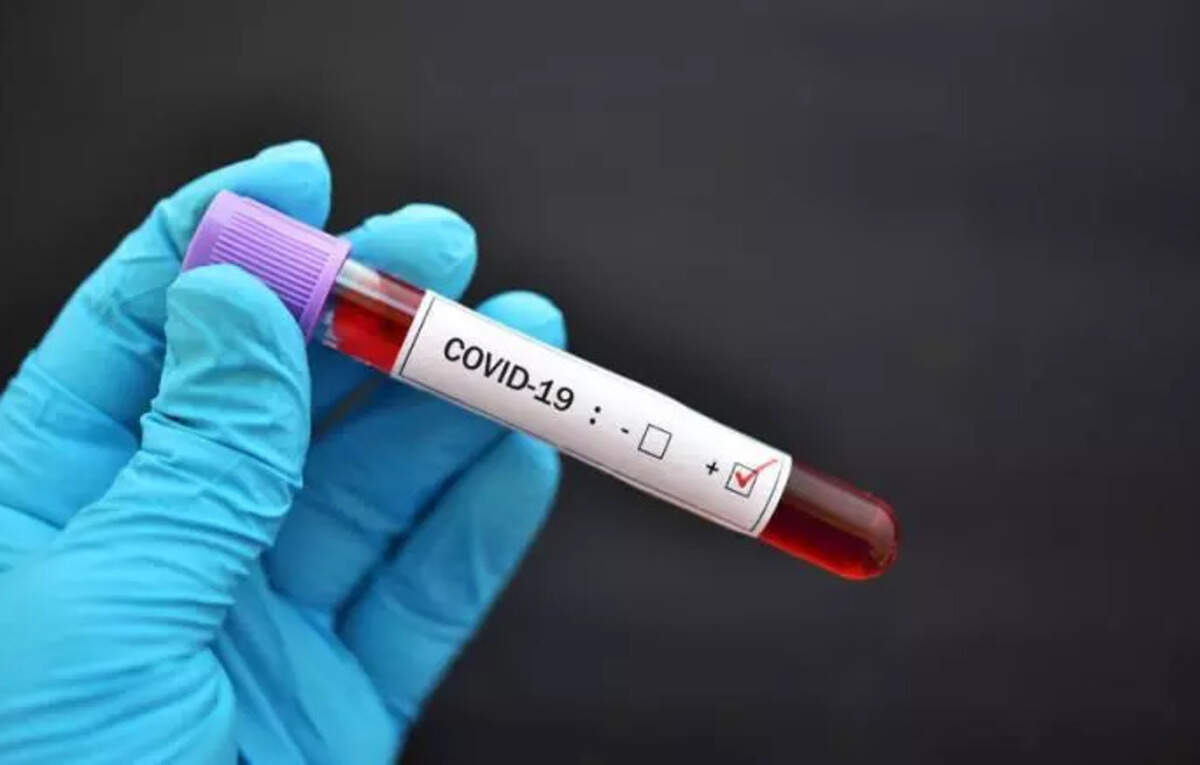
BREAKTHROUGH IN GALLBLADDER CANCER RESEARCH: NEW GENETIC BIOMARKERS OFFER HOPE FOR EARLY DETECTION AND TARGETED TREATMENT
In a groundbreaking study, research scholars from Banaras Hindu University, Dr. Ruhi Dixit, Dr. Manoj Pandey, and Dr. Vijay Kumar Shukla, have made a significant breakthrough in gallbladder cancer research. The team has identified novel genetic biomarkers that could revolutionize early detection and targeted treatment of this deadly disease.
A Deadly Disease with Poor Prognosis
Gallbladder cancer is one of the most common cancers in the Gangetic belt, with a poor prognosis and a 5-year survival rate of just 10-20%. Despite 25 years of research at BHU to identify its elusive causes, the disease remains a significant challenge for medical professionals. The lack of effective early detection methods and targeted treatments has made it difficult to improve patient outcomes.
Advanced Technology Yields Breakthrough
Using advanced Clariom D Microarray technology, the research team analyzed gene expression profiles from gallbladder cancer, cholelithiasis (gallstones), and healthy tissues. This three-way comparative transcriptomic analysis revealed 10 key genes that are potential drivers of cancer growth. Most of these genes are involved in DNA repair, and their dysfunction promotes the growth of cancer.
Genetic Pathways Involved in Carcinogenesis
The study suggests that, regardless of the carcinogenic trigger, genetic pathways primarily involve DNA repair mechanisms, making treatment challenging. The research team identified 3,898 genes, of which 2,575 were upregulated and 1,323 were downregulated. The mismatch repair pathway, nucleotide excision repair, and homologous recombination were found to be the main pathways involved in carcinogenesis.
Newly Identified Genes Offer Hope
The newly identified genes could serve as biomarkers for early detection and personalized treatment, paving the way for improved diagnosis, prognosis, and therapy for gallbladder cancer. Five genes were common across all three groups, indicating their potential as markers of early transformation before cancer is full-fledged.
A Significant Advance in India
This study marks a significant advance in India, as it is the first to compare genetic changes across cancer, gallstone, and healthy tissues simultaneously. The findings clarify pathways in carcinogenesis and differential gene expression, building on the team’s prior transcriptomic study.
Implications for Patient Care
The identification of novel genetic biomarkers offers new hope for patients with gallbladder cancer. Early detection and targeted treatment can significantly improve patient outcomes, and the research team’s findings have the potential to make a significant impact on patient care.
Join the Conversation
Stay up-to-date with the latest news and research in the field of healthcare by joining our community of 2M+ industry professionals. Subscribe to our newsletter to get the latest insights and analysis.
Download the ETHealthworld App
Get real-time updates, save your favorite articles, and stay informed about the latest developments in healthcare by downloading the ETHealthworld App.
Scan to Download App
Scan the QR code to download the ETHealthworld App and stay connected with the latest news and research in the field of healthcare.
In conclusion, the breakthrough in gallbladder cancer research by the team of research scholars from Banaras Hindu University offers new hope for patients with this deadly disease. The identification of novel genetic biomarkers has the potential to revolutionize early detection and targeted treatment, and the study’s findings have significant implications for patient care. As we continue to advance our understanding of this disease, it is essential to stay informed and up-to-date with the latest news and research in the field of healthcare.
Content originally published by health.economictimes.indiatimes.com














